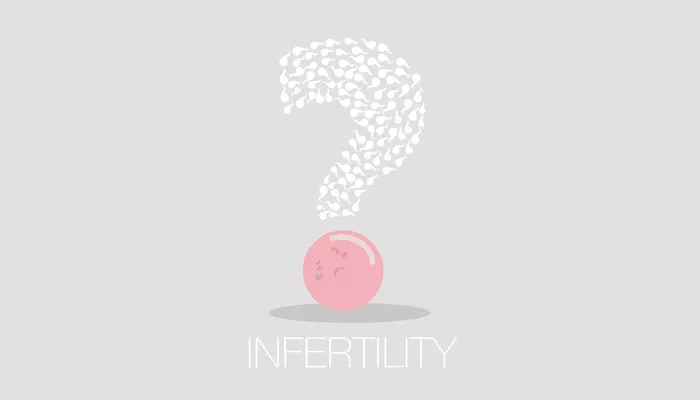In recent discussions surrounding weight loss medications like Mounjaro and Wegovy, concerns have been raised about their effects on female reproductive health, especially in relation to menstrual cycles, fertility, and pregnancy. Although there is limited evidence directly linking these medications to contraceptive efficacy, several women have reported pregnancies despite using oral birth control while on these drugs. Here’s a look at how these weight loss medications might impact various aspects of female reproductive health.
Irregular Menstrual Cycles Weight loss medications, particularly those that alter metabolism and hormonal balance, can lead to irregular menstrual cycles. These drugs, which target GLP-1 receptors and influence brain pathways related to energy storage, may cause rapid weight or fat loss. Reproductive functions, including menstruation, require significant energy, and any disruption in the body’s energy balance could lead to menstrual irregularities.
It’s important for women using weight loss medications to monitor their cycles and seek professional advice if they notice any changes.
Ovulation and Fertility Challenges The weight loss process, especially rapid fat loss, can trigger a physiological stress response in the body, which may suppress ovulation. This happens as the body signals to the hypothalamus (the brain’s hormone-regulating center) to reduce the secretion of gonadotropin-releasing hormone (GnRH), crucial for ovulation. As a result, fertility could be compromised, reducing the chances of conception by 30-40% due to the lack of available eggs.
Additionally, having a body fat percentage lower than 17% can impact estrogen levels, further complicating fertility. Women who are trying to conceive may face delays in getting pregnant after using weight loss treatments. Experts recommend stopping the medication at least two months before attempting to conceive, and consulting a healthcare professional is essential in this scenario.
Potential Benefits for PCOS Polycystic Ovary Syndrome (PCOS), a common hormonal disorder affecting 1 in 5 women, can cause symptoms like insulin resistance, weight gain, and fertility challenges. A study is currently exploring whether semaglutide, the active ingredient in medications like Wegovy, could improve insulin sensitivity and ease symptoms of PCOS.
These treatments can enhance the body’s response to insulin, lowering blood sugar levels and reducing insulin resistance, which may help manage weight gain and hormonal imbalances associated with PCOS. For women with PCOS who are hoping to conceive, these medications could restore regular ovulation, improving their chances of pregnancy.
Sexual Desire and Wellbeing Weight loss medications often have a positive impact on body image and self-esteem, which can improve sexual wellbeing. Women who struggle with confidence due to weight-related concerns may experience increased sexual satisfaction as they lose weight and improve their overall health.
Additionally, weight loss and improved hormonal balance may boost libido, particularly in individuals with conditions like PCOS. However, some medications may initially cause changes in sexual desire or performance. Monitoring these changes and maintaining open communication with partners is important, and seeking guidance from healthcare professionals is recommended to optimize sexual health.
Conclusion While weight loss medications like Mounjaro and Wegovy offer significant benefits for managing weight, they also come with potential impacts on reproductive health. From menstrual cycle changes to fertility issues, these medications can disrupt the body’s delicate hormonal balance. However, they also offer promising solutions for conditions like PCOS, where improving insulin sensitivity may aid in conception. Women should work closely with healthcare professionals to understand the full impact of these treatments on their reproductive health and to develop personalized, effective plans.
Related topics:
Fertility Treatment Access and Policies Across the EU: A Complex Landscape
Femasys Gains UK Approval for Female Infertility and Diagnostic Devices
























